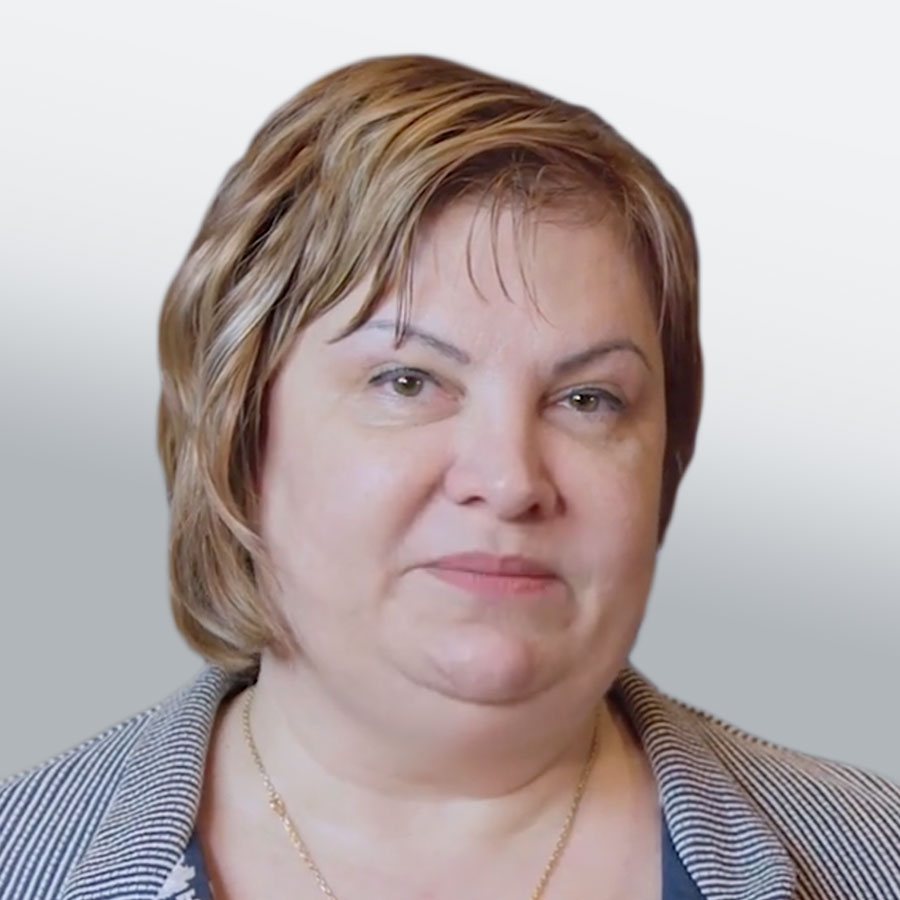Daily Discoveries
Dr. Eva Kohegyi specializes in research for medications in neurologic and psychiatric indications, including the development of treatments for patients with Alzheimer’s disease, Tourette’s disease, schizophrenia, bipolar disorder and other illnesses of the central nervous system. Today, she is responsible for several global clinical development programs at Otsuka. Dr. Kohegyi designs and implements clinical trial programs, and works to ensure the scientific integrity of research methodologies and the related submissions to regulatory authorities.

